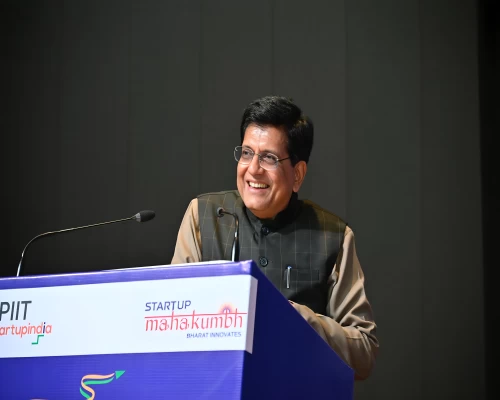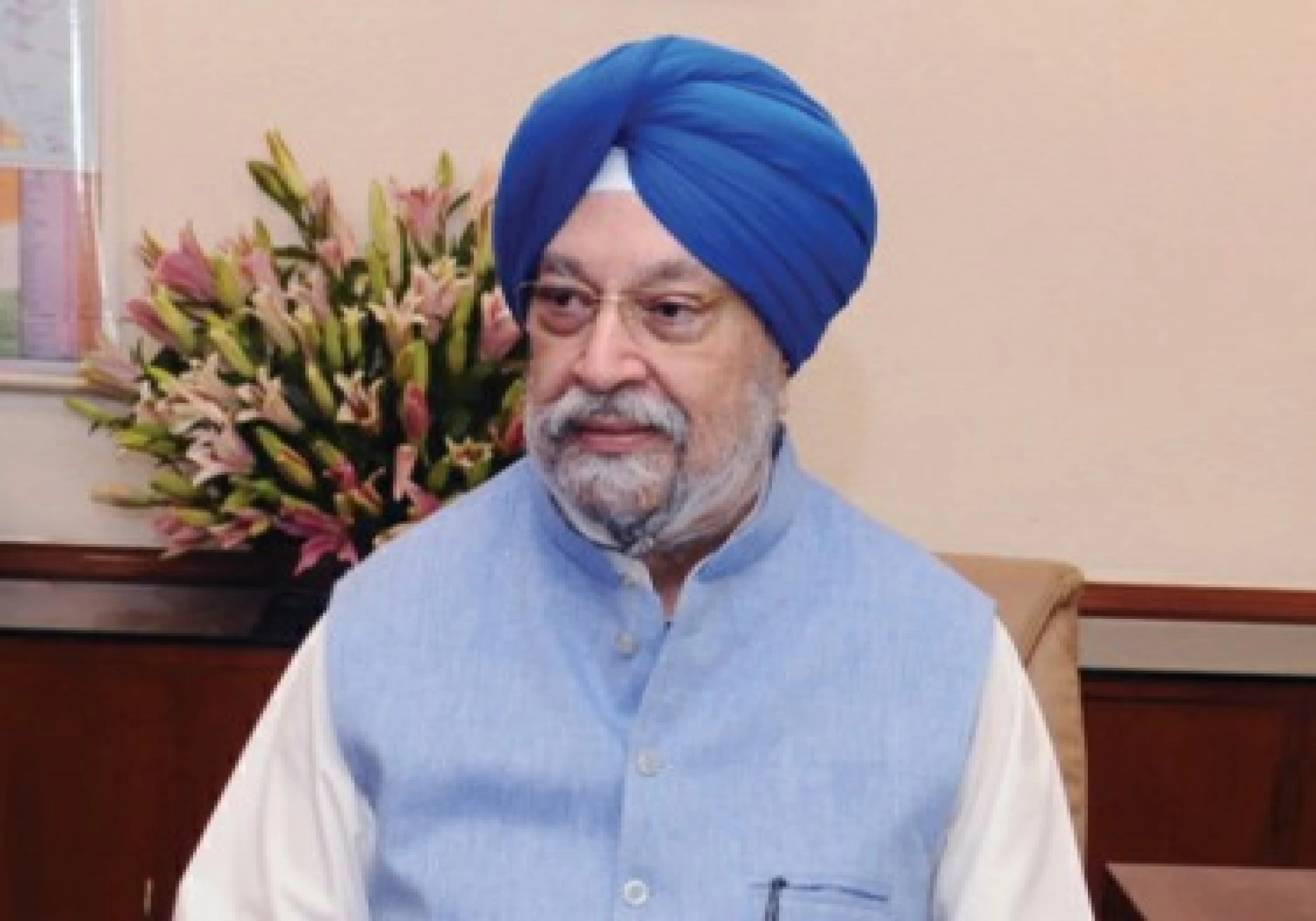
NEW DELHI: Union Minister of Housing & Urban Affairs, and Minister of Petroleum and Natural Gas Hardeep Singh Puri has said that public-private partnerships will be vital for financing, low-cost technologies, new business models and innovative monitoring mechanisms to meet the growing demand for solid and liquid waste management.
Addressing the 5th ISC-FICCI Sanitation Awards and India Sanitation Conclave 2021, Puri said: “With the launch of the second phase of Swachh Bharat Mission-Urban (SBM-U) and Atal Mission for Rejuvenation the government aims to make an ODF India garbage-free and water secure. The SBM-U has the goal to make all urban local bodies open defecation free.”
The SMBU 2.0, said Puri, will provide an impetus to the city govt to comprehensively plan measures for sludge management, wastewater treatment, source segregation of garbage, reduction in single-use plastic and management of construction and demolition waste and bioremediation of dumpsite.
“We are expanding its coverage from 500 cities to all statutory towns in India. It will provide 100 per cent coverage of water supply coverage to all households in all ULBs through 2.68 crore tap connections and 100 per cent coverage of sewerage and seepage through 2.64 crore sewer connection,” he added. Both these missions, the Minister said, will be supported by a strong government mechanism, independent third-party verification, and real-time mission monitoring through a geotag dashboard.
Naina Lal Kidwai, Chair, India Sanitation Coalition (ISC), said that picking up on the theme of enhancing the role of women in the delivery of public services, public goods like sanitation and water the govt itself has begun to embark on engaging women in the delivery of sanitation and water. Women need to be engaged in the decision making and influence the change in directions which are sensitive to their needs.
Dr Natasha Patel, CEO – ISC said, “This is a logical place to start without water. We cannot hope to resolve India’s dream to realise an open defecation free society. However, there are no other areas of B U M T that need innovation. Through Rashid Kidwai Innovations in Sanitation awards we are trying to fill this gap that exists in the sanitation space.” /BI/




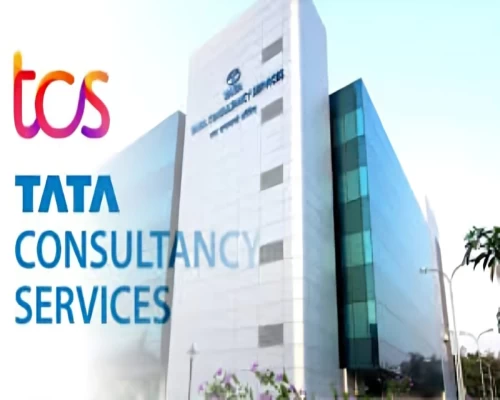
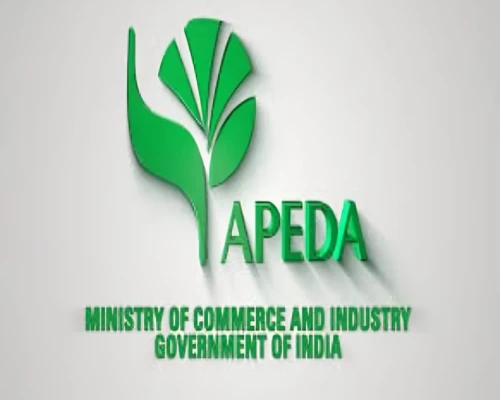



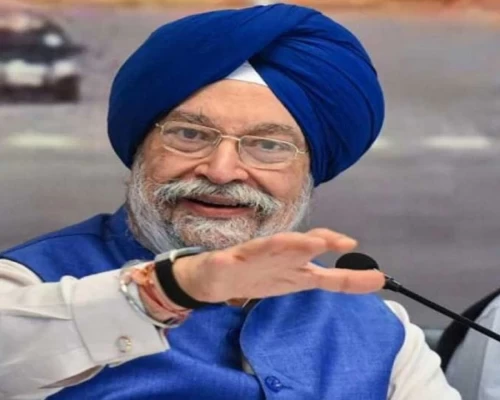
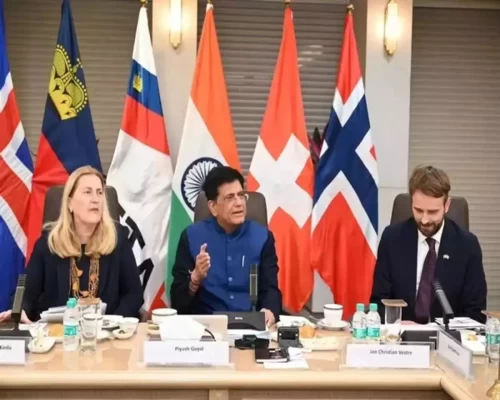

_500_x_400.webp)
